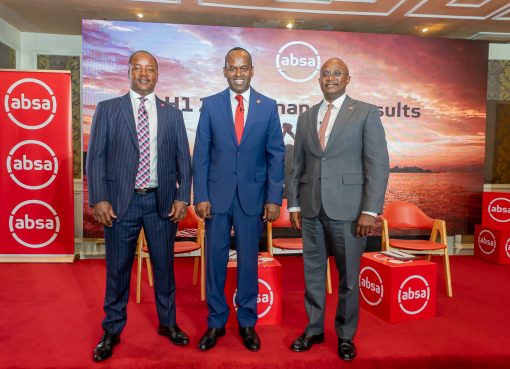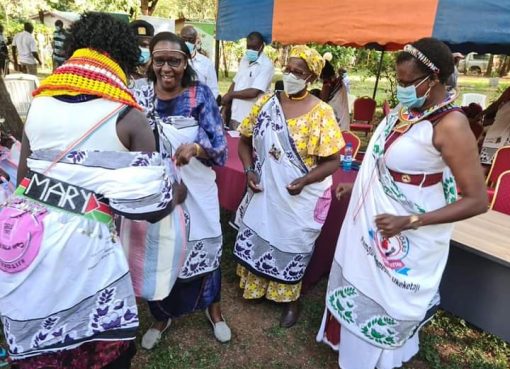The Kenya Ports Authority (KPA) has denied that ongoing port expansion and infrastructural projects were impacting negatively on the coastal marine ecosystem.
The authority has also refuted allegations by fisher folks in the coastal city of Mombasa that the port dredging and disposal activities were responsible for dwindling fish catches and other fishing challenges in the region.
The Kenya Wildlife Service (KWS) has also raised concerns that contaminated sediments were affecting the unique marine biodiversity at the Mombasa marine national park and reserve.

KWS senior warden John Wambua expressed worries that the dredging operation was resulting in the destruction of coral reefs and marine sea grasses besides disturbing marine mammals and turtles.
‘‘As KWS we want more efforts to be made to safeguard the marine environment that is essential for the breeding of fish population as the dredging work progresses,’’ he said.
KPA head of Project Development and Management Eng. Kennedy Nyaga noted that due diligence was done before the authority embarked on construction of the relocation of the Kipevu Oil Terminal and the expansion of the port’s second container terminal.
He said the authority is also involved in the Sh.40 billion relocation of the Kipevu Oil Terminal by the China Communications Construction Company and the expansion of phase two of the Sh. 16 billion second container terminal undertaken by the Japanese Toyo construction company.
He said marine environmental impact assessment on the potential impacts of the suspended sediment and displaced dredged materials that result was carried out by a multi agency team comprising of KPA, Kenya Maritime Authority (KMA), KWS and the National Environment Management Authority (NEMA) and that there was no cause for concern.

Eng. Nyaga observed that the excavation material from the sea and the relocation of the excavated material elsewhere for disposal was being done under strict regulations.
He said dredging is a fundamental activity for most ports and harbours around the world and that KPA undertakes at the excavation activity every ten years.
‘‘Dredging operations and sediment displacement are often necessary for port and harboUr development, maintenance and creation of shipping channels, and offshore infrastructure projects,’’ noted Eng. Nyaga.
Eng. Nyaga was speaking at the port when the Regional Development Implementation Co-ordination Committee led by the Coast Regional Commissioner John Elungata toured the ongoing project sites.
Environmentalist Michael Odhiambo downplayed environmental concerns saying water quality data and marine biodata has not been severely affected to warrant the suspension of the projects.
The environmentalist who is a consultant for the port dredging projects said many of the concerns being raised were associated with negative public perception associated with dredging.
Coast region NEMA director Titus Simiyu said the environmental watchdog will continue to monitor closely the dredging works to minimise potential risk to the fragile marine ecosystem.
‘‘But following the concerns raised as an agency we are immediately embarking on a two week marine impact assessment to proof that the beaches and marine life would not be severely affected by the dredging exercise,’’ he said.
Elungata said the port tour by the regional development implementation coordination committee was to check on the status of several port projects.
The administrator said following concerns over the port dredging project the multi agency teams will be carrying out surveys and mitigation measures
By Hussein Abdullahi





